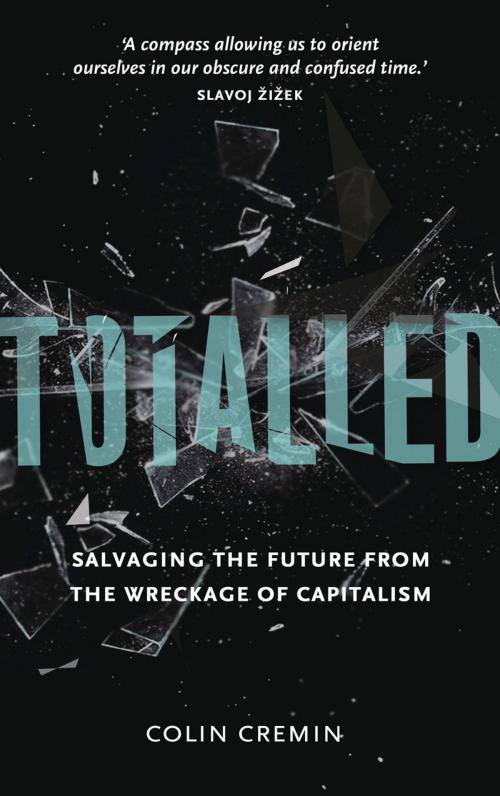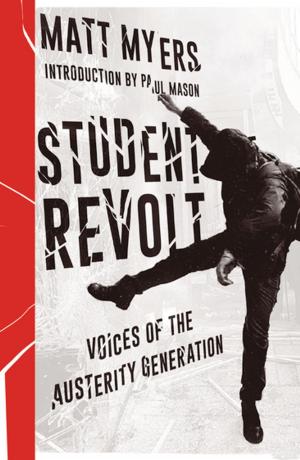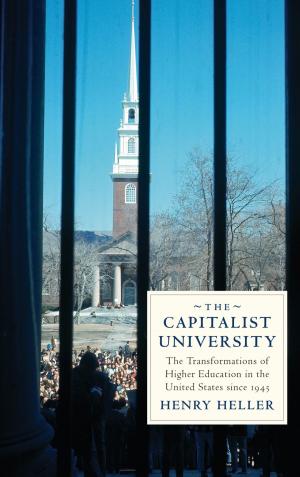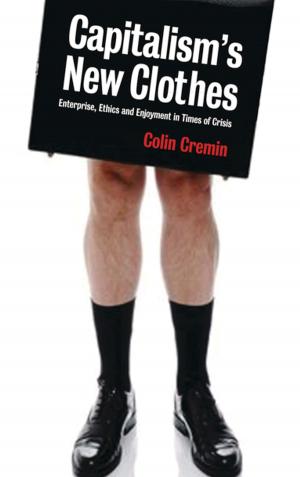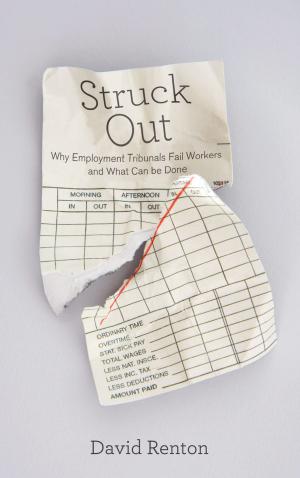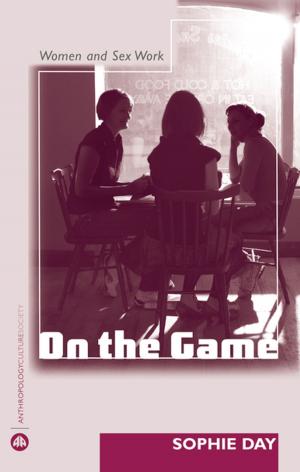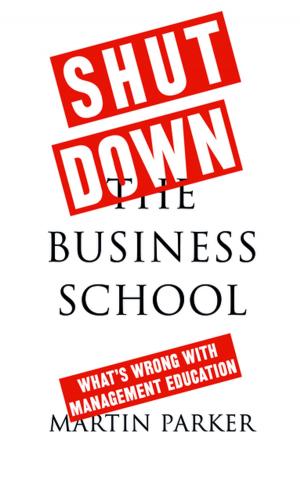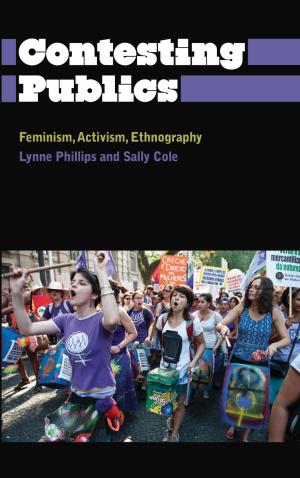Totalled
Salvaging the Future from the Wreckage of Capitalism
Business & Finance, Career Planning & Job Hunting, Labor| Author: | Colin Cremin | ISBN: | 9781783712663 |
| Publisher: | Pluto Press | Publication: | January 20, 2015 |
| Imprint: | Pluto Press | Language: | English |
| Author: | Colin Cremin |
| ISBN: | 9781783712663 |
| Publisher: | Pluto Press |
| Publication: | January 20, 2015 |
| Imprint: | Pluto Press |
| Language: | English |
In this book, Colin Cremin tackles the overbearing truth that capitalism encompasses the totality of our societal relations, weaving deep into the fabric of all that it means to be human. He shows how it is a system that totalises and which has upended the modernity project by industrialised warfare, surveillance, commodification and control. With ever deepening crises and ecological catastrophes it threatens the total destruction of human civilisation.
But in amongst this wreckage there are still functioning parts, machines to be salvaged through the collective force of the human imagination and the total mobilisation of the peoples of this earth. We must realise a different future to the apocalypticism forewarned by scientists, prescribed by economists, accommodated by politicians and made spectacle by the entertainment industry.
Totalled maps the deteriorating socio-economic, political and ecological conditions in which we live and, through our labours and consumption, seemingly have no choice other than to accelerate. The question for the book is how a utopian possibility discernable in the power of human creation can be realised when as a society we are in different ways materially, ideologically and libidinally bound to the capitalist machine of destruction. Totalled concludes with a politically and economically grounded set of propositions on how this might be achieved.
But in amongst this wreckage there are still functioning parts, machines to be salvaged through the collective force of the human imagination and the total mobilisation of the peoples of this earth. We must realise a different future to the apocalypticism forewarned by scientists, prescribed by economists, accommodated by politicians and made spectacle by the entertainment industry.
Totalled maps the deteriorating socio-economic, political and ecological conditions in which we live and, through our labours and consumption, seemingly have no choice other than to accelerate. The question for the book is how a utopian possibility discernable in the power of human creation can be realised when as a society we are in different ways materially, ideologically and libidinally bound to the capitalist machine of destruction. Totalled concludes with a politically and economically grounded set of propositions on how this might be achieved.
In this book, Colin Cremin tackles the overbearing truth that capitalism encompasses the totality of our societal relations, weaving deep into the fabric of all that it means to be human. He shows how it is a system that totalises and which has upended the modernity project by industrialised warfare, surveillance, commodification and control. With ever deepening crises and ecological catastrophes it threatens the total destruction of human civilisation.
But in amongst this wreckage there are still functioning parts, machines to be salvaged through the collective force of the human imagination and the total mobilisation of the peoples of this earth. We must realise a different future to the apocalypticism forewarned by scientists, prescribed by economists, accommodated by politicians and made spectacle by the entertainment industry.
Totalled maps the deteriorating socio-economic, political and ecological conditions in which we live and, through our labours and consumption, seemingly have no choice other than to accelerate. The question for the book is how a utopian possibility discernable in the power of human creation can be realised when as a society we are in different ways materially, ideologically and libidinally bound to the capitalist machine of destruction. Totalled concludes with a politically and economically grounded set of propositions on how this might be achieved.
But in amongst this wreckage there are still functioning parts, machines to be salvaged through the collective force of the human imagination and the total mobilisation of the peoples of this earth. We must realise a different future to the apocalypticism forewarned by scientists, prescribed by economists, accommodated by politicians and made spectacle by the entertainment industry.
Totalled maps the deteriorating socio-economic, political and ecological conditions in which we live and, through our labours and consumption, seemingly have no choice other than to accelerate. The question for the book is how a utopian possibility discernable in the power of human creation can be realised when as a society we are in different ways materially, ideologically and libidinally bound to the capitalist machine of destruction. Totalled concludes with a politically and economically grounded set of propositions on how this might be achieved.
